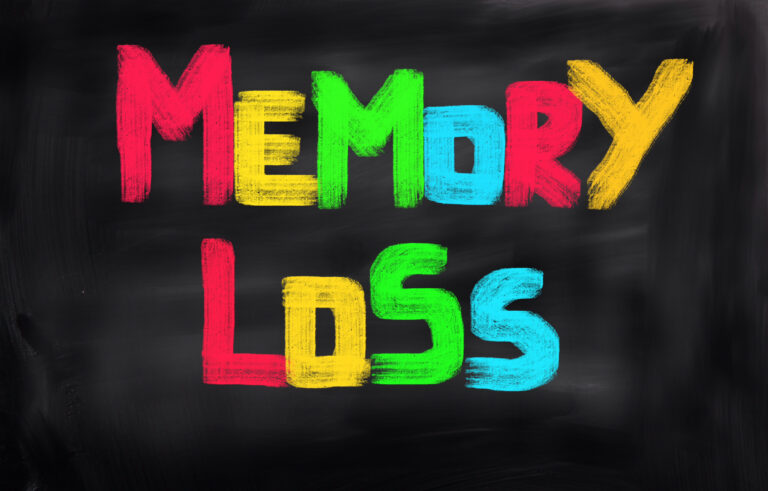Multitasking might seem like a great way to get more done in less time, but it actually does the opposite. When you try to juggle several tasks at once, your brain isn’t truly handling them simultaneously. Instead, it rapidly switches focus from one thing to another. This constant switching wastes time and energy because your brain has to reset each time you change tasks.
One big problem with multitasking is that it makes you more prone to mistakes. Every time you switch between activities, your performance drops compared to focusing on just one task at a time. This happens because your brain struggles to keep track of where you left off and what needs attention next. So even if multitasking feels productive, the quality of your work suffers.
Multitasking also overloads your brain’s ability to process information properly. When you’re constantly shifting focus, it’s harder for your brain to filter out irrelevant details and remember important information clearly. This can lead to memory lapses and difficulty concentrating on anything deeply.
Another downside is increased stress levels. Switching between tasks raises cortisol—the stress hormone—which can cause anxiety and make managing emotions tougher over time. The mental strain from multitasking doesn’t just affect how well you work; it can also harm your overall health if it becomes a habit.
Interestingly, multitasking doesn’t just hurt individual productivity; it impacts teams too. When people are distracted or frequently interrupted during collaborative work, projects take longer and communication breaks down more often. Teams lose valuable creative thinking moments because everyone’s attention is fragmented rather than focused on solving problems together.
Finally, true innovation requires sustained attention—time spent deeply thinking about ideas without interruption—and multitasking destroys that opportunity by pulling focus away repeatedly.
So while doing many things at once might feel efficient in the moment, stopping multitasking lets you work smarter: fewer errors happen, memories stick better, stress decreases, creativity improves—and both individuals and teams get more meaningful results done faster by focusing fully on one thing at a time instead of splitting their attention across many tasks all day long.





